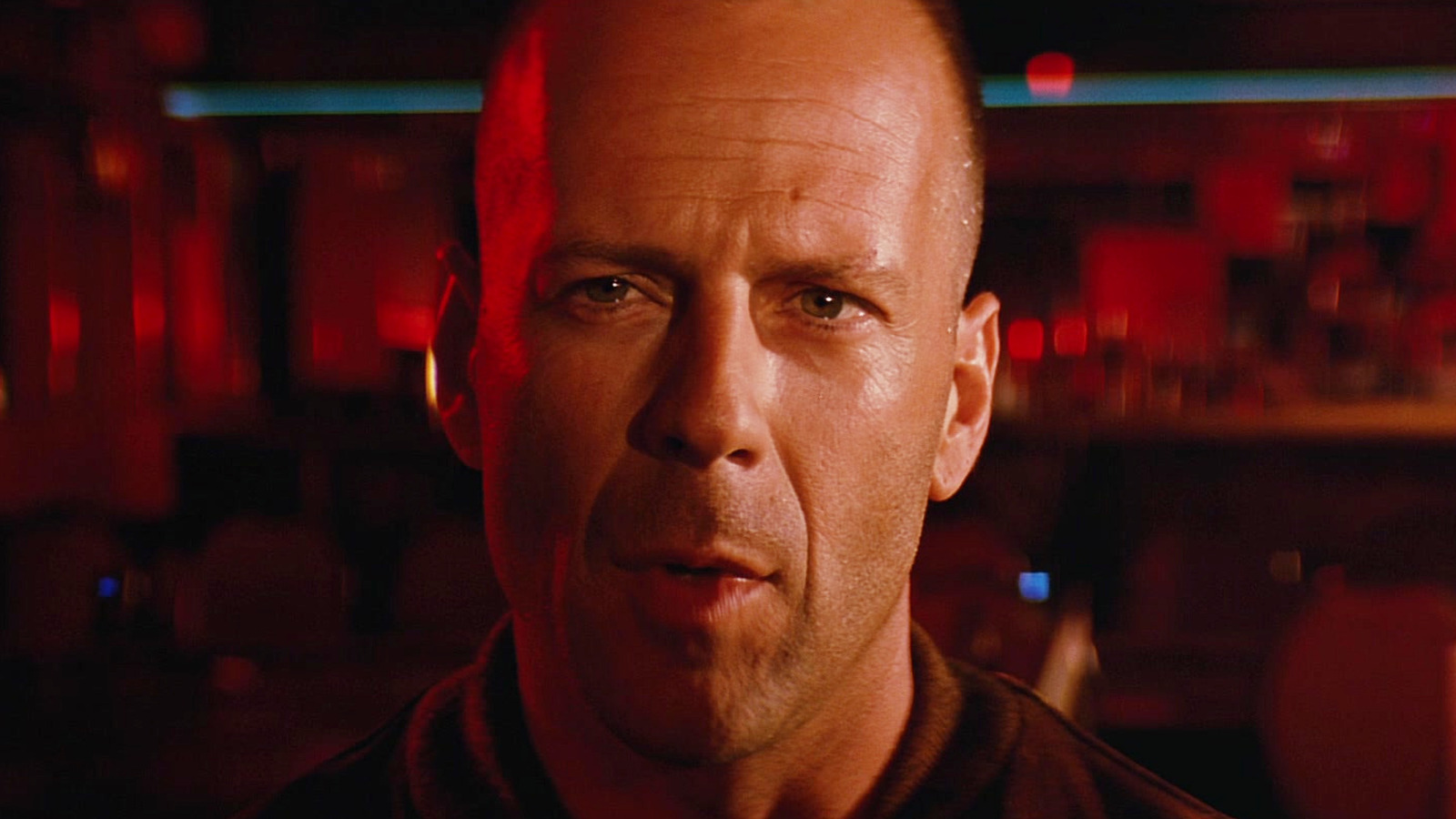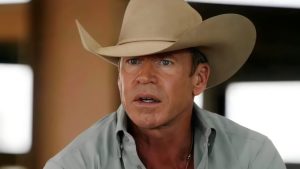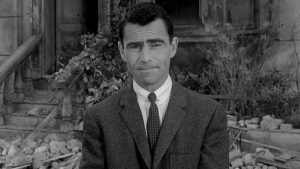
The Unforgettable Bruce Willis Cameo in a Quentin Tarantino Film You May Not Recall
In the landscape of Hollywood, as the studio system began to crumble, actors started to seize control over their careers, gaining the ability to choose roles that reflected their artistic desires. This shift created a unique challenge for megastars: how to maintain relevance and avoid being pigeonholed into predictable roles. Some actors embrace the spotlight, often leading to burnout, while others retreat, selectively picking their projects to preserve their creative integrity. Few, however, navigate this balance as adeptly as Bruce Willis in the 1990s, an era when he was truly at the height of his career.
Willis seamlessly blended his action-hero image, well-known from the “Die Hard” franchise, with daring performances in films like “Death Becomes Her,” “12 Monkeys,” and the genre-bending “The Sixth Sense” and “The Fifth Element.” His willingness to collaborate with bold directors, including Quentin Tarantino, solidified his status. Many might remember their partnership in the iconic “Pulp Fiction,” yet few are aware of an additional, less prominent connection.
Buried within the 1995 anthology film “Four Rooms” lies a Tarantino segment featuring an uncredited Bruce Willis. While “Pulp Fiction” often overshadows other works, it’s easy to overlook this collaboration—a testament to both the filmmaker’s knack for ensemble storytelling and Willis’ unpredictable charisma.
Tarantino’s contribution to “Four Rooms,” specifically the short “The Man From Hollywood,” marked his first exploration into the film industry’s nuances. Portraying a character reminiscent of himself, Tarantino takes on the role of Chester Rush, a fresh-faced director. Set in the run-down Hotel Mon Signor, Chester and his friends celebrate New Year’s Eve, indulging in excess and mischief. The plot intrigues as the group replicates a twisted bet from an Alfred Hitchcock Presents episode, with the hapless bellhop, played by Tim Roth, caught in the escalating chaos.
In this chaotic narrative, Willis’ character—the agent or manager—adds a critical layer of tension with his offbeat performance, oscillating between a heated phone argument with his wife and reveling alongside Chester and the gang. His ability to amplify Tarantino’s sharp, rapid-fire dialogue infuses the segment with a thrilling edge, making his role vital to the overall dynamic.
Despite generally receiving lukewarm reviews upon its release, “Four Rooms” did not enjoy the lasting impact that was hoped for, overshadowed by its anthology format and uneven segment quality. It lacks the standout moments found in more acclaimed anthology films, yet it deserves a second look, especially as it approaches its 30th anniversary. Its quirky collection of interactions is perfect for a unique New Year’s Eve screening, encapsulating the potential chaos of the holiday through the perspective of the beleaguered bellhop.
This film becomes more than just a collection of shorts—it serves as a peculiar party movie, highlighted through Willis’ spirited engagement in Tarantino’s whimsical world. While it’s a disappointment that Willis and Tarantino haven’t reunited for another project, their work in “Pulp Fiction” and “Four Rooms” allows fans to enjoy their synergy. As you consider how to welcome the New Year, rediscovering “Four Rooms” might just add a little extra joy to the festivities.




